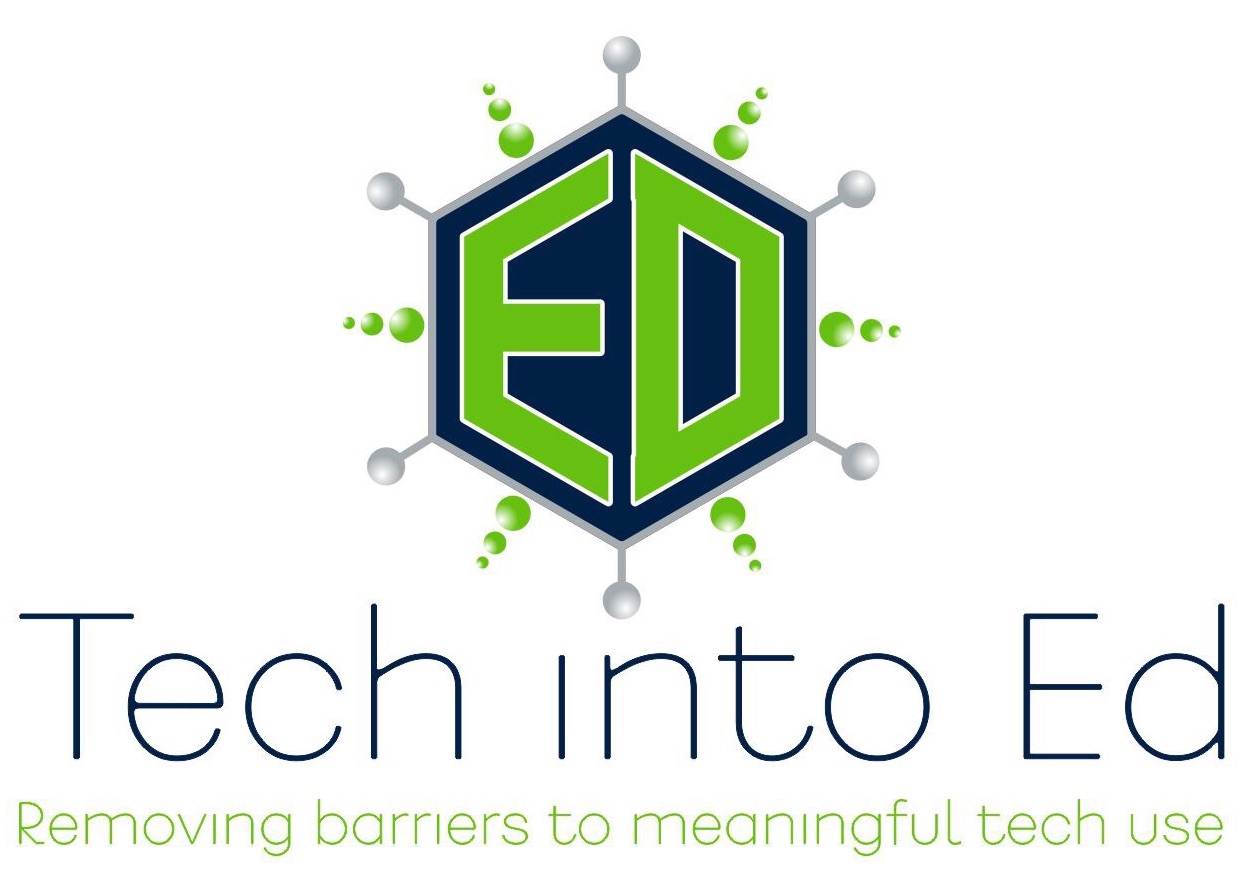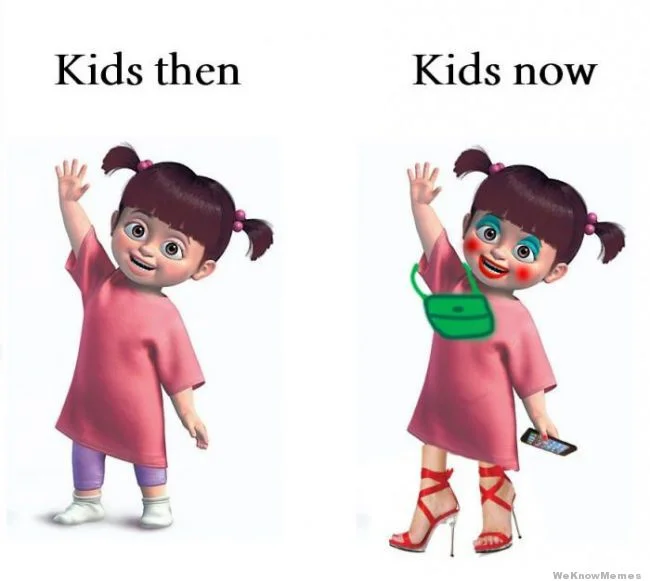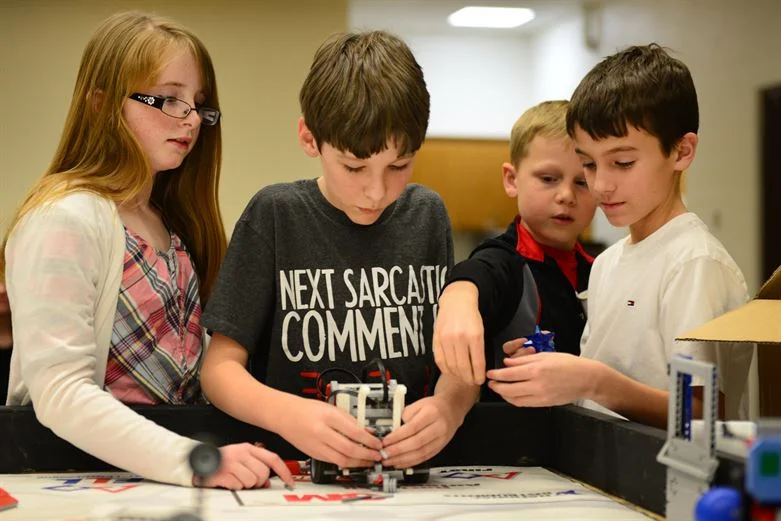
Removing barriers to MEANINGFUL technology use!
Students still care deeply; encourage them to tune in!
Not long ago an executive at a large local company said to me, "Kids are truly just different these days. I see it in the young employees that I hire. You must see that all of the time, right?"
I paused. It's something I tend to hear a lot, but not just from people outside of education. Those words have been spoken to me by numerous teachers over the years. These words tend to reflect a genuine belief and they are validated by some of the ways we view young people today.
Then I responded as I always do. "No, I don't believe kids are different today than they ever were. Society has shifted. Parenting has shifted. Adult expectations of kids and our focus on nurturing young people's growth and potential has largely shifted. But kids have not fundamentally changed. And I know this because I have seen young people who light up, get motivated, and go all in on those things they truly get excited about, even with topics that wouldn't excite most adults at times. I witness it over and over in my work with teachers and students, and that proves to me that kids haven't fundamentally changed."
Put a student in a river with a kick net and a mission to find out which critters live in the river and what that tells us about the river's health. Place a student on a structured, purposeful web conference call with students from across town, across the country, or across the world. Ask them to identify a problem of significance to them in their world and then find a reasonable solution to solve it. Even more simply, challenge them to solve a series of riddles/clues in an in-class competition or an EduBreakout. Have them argue their side in an in-class discussion or socratic seminar, have them teach other students with an instructional flipped video that others will see, or create a presentation they will deliver to an audience of people that will listen and engage with their ideas. These are all examples of things I have seen in the last few years where students came passionately alive in their work.
Kids still want to learn and grow...
We have to find ways to engage them!
No, I truly do not believe kids are different today. They may be a little harder to engage at times considering the outside forces we compete with: instantaneous feedback with friends on social media, the ability to binge watch the shows that suit their exacting interest on streaming services, or a constant stream of access to enticing games and music that are their constant companions.
While educators do have to compete with these forces for our students' attention, the kids themselves have not shifted. They are exploring the world, trying to find their place and purpose, and attempting to figure out what type of person they would most like to be. As educators, we have the opportunity to expose them to the things we are most passion about, opportunities and topics they have never experienced or heard of before, and we can be the ones to lead them down paths that they will continue on for the rest of their lives.
However, doing something of such significance might require us all to shift our approach to how we structure these learning opportunities. We have to think more like independent entrepreneurs trying to engage our customers, and less like members of an institution that requires our clients to attend.
Although our kids' ability to dig in deeply and do great work has not fundamentally changed, society has. And it has given ALL of us the opportunity to elect when we will be present and actively engaged, and when we will opt out. We have all benefited from, or fallen victim to that reality. And because we have this experience as consumers of the things we are most interested in, we can use that experience to think differently about how we can best reach our students. The challenge for educators is to find exciting, engaging, meaningful ways to get our students to tune in and give our inspiring "channels" a try.
A Thing or Two to Teach Our Kids About Technology
I'm fortunate to have colleagues from around the district feeding me great articles when they find them. This article, forwarded to me by Butler teacher, Mollie Heilberger, points to a critical point of conversation. Thanks, Mollie, for bringing this to my attention.
A recent article from the New Tech Network blog serves as a reminder to us that just because a student is born in an era where technology is omni-present, that doesn't necessarily mean that they are innately knowledgeable about how to use that technology productively for academic or professional pursuits.
Digital Native Does Not Mean Digital Literate
The blog post talks about a false assumption that we are all increasingly at risk of making about our students. The assumption asserts that simply because our youth have grown up in an era where the Internet, computer access, Google, and Facebook are readily accessible, our kids innately know how to utilize the tools for meaningful academic work.
It is no wonder that we make this assumption. For many of us, our lack of comfort with technology, mixed with the popularity of that same technology with most young people (I dare you to find one who doesn't regularly use a smart phone, or at least know how a smart phone works) leads us to believe that young people somehow just "get it" when it comes to technology. Mix that with a little bit of naive, misguided confidence on behalf of many young people in masterfully using various forms of technology (I dare you to find a classroom of kids that doesn't have a least one "expert" technologist on software he/she has never used before in his/her life), and it's easy to understand why we tend to trust that somewhere along our genetic lineage a dominant technology trait was formed and turned on with the invent of Google.
This is NOT to say that kids don't have some mad skills when it comes to the use of technology. Some of them do -- many do. More importantly, they have never known the fear of "breaking it," which hinders/paralyzes so many adults when it comes to technology use. It simply means that we cannot assume that they all have the same comfort with technology, or that they all can use technology for the deeper side of research that they need to engage in to meaningfully learn.
There are still many valued lessons that come with age, wisdom, and experience that teachers bring to the academic experience. These skills and lessons transcend medium -- no technology comfort or expertise required to put these skills to work. That is at the core of what we must offer our students as we work with them. It is the guidance that they need as they employ the digital tools that are at their fingertips to do the hard work of learning.
And it is in that gap between our discomfort with technology and their lack of life and academic experience that students and teachers can meaningfully connect to teach and learn from each other. This is where teaching Essential Skills, such as digital citizenship and research come into play. They may not be measured on standardized tests, but they are the skills that will ultimately help students to fail/succeed in lifelong pursuits.
So, the next time you integrate some element of technology into your classroom practice, don't be afraid to spend some time teaching the kids a thing or two about how to use the technology to become more academically, professionally, and personally productive with the tools.



